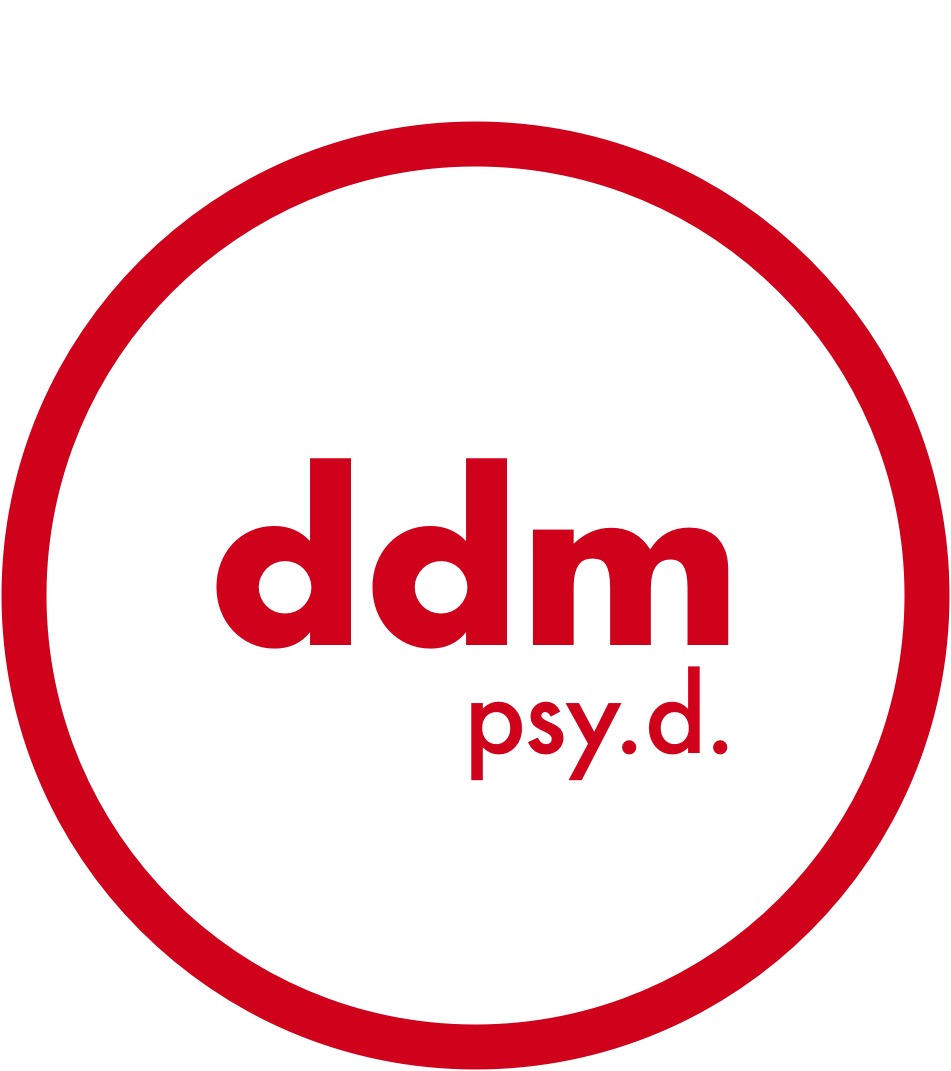Bumper stickers have always fascinated me. It’s convenient, it seems, to send bold, often provocative messages to those you pass after you’ve passed them. No consequences, no opportunities for discussion, no messy interaction, just a message thrown at the world you’re in front of.
On a recent jaunt to Portland I was passed by a TriMet bus whose entire back side read, “Teach your family not to share!” Advertising mobile internet and family phone plans, the message was clear: Everyone for himself. No one need wait. Sharing is unnecessary, outdated even.
Being angry with the corporation producing this ad was immediate. Being angry with myself and the ways in which I passively endorse this thinking came on more slowly. Since then I have settled into a quiet reflectiveness upon the ways in which my own family has bought into cultural messages that weaken our interdependency and communal working out of the concepts of connection, focus, and simplicity.
Technologies and electronically driven gadgets have promised us a world of ease wherein simplicity will rule the day and we’ll be more connected to each other than ever. Is this, however, possible or true? Is community building really best done in worlds where we do not encounter face to face conversation, conflict, and intimacy?
How often are we tempted to text a question to someone because we know that we will not need to muddle through a conversation to get a “quick answer?” How frequently do we check our facebook pages to see who has commented on our clever posts and status updates? How common is it for us to measure the depth of our community by considering the number of emails or notifications in our inboxes?
Broad and comprehensive literature reviews suggest that technology use has a definite impact on two activities within a person’s life. The finding is this: Increased screen time ushers in decreased social practice and family talk time.
We need social practice and family talk time (whether that be family by blood or by choice) because it is in the bumping around of failing and succeeding in our interactions with others that we become refined as people. In learning how to love and respect others well we learn how to be our most healthy selves...selves that are both sturdy and open to vulnerability at the same time. We cannot “become” in the same way with relationships that exist in cyber space only and not in the real, un-deletable world.
The hard work in being intentional with our use of technology comes in learning to use it with thoughtfulness and care. The many promises made by social networks and cellular phone companies to effortlessly connect us to others in more fulfilling ways are driven by an assumption that we will buy something. Namely that “something” is the idea that bigger networks are better, that more “friends” means more worth, and that deep relational development is not necessary. In this economy, we’re more connected but we’re not sharing. Not really.
As I reflect on my drive to Portland I feel challenged to learn to share. Face to face. To risk and not edit. To wear my bumper stickers out front and in relationship where real conversation can occur. With you...
